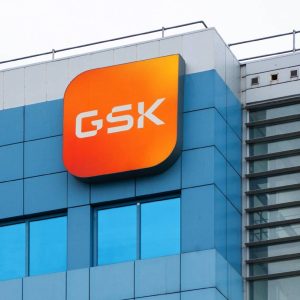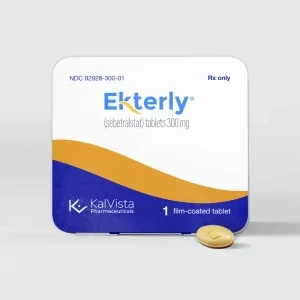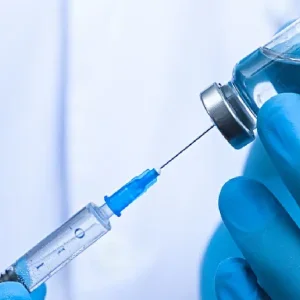
AbbVie has released findings from a Phase 3 study demonstrating that atogepant QULIPTA/ AQUIPTA, 60mg once daily) successfully met its primary endpoint of having fewer treatment discontinuations due to adverse events compared to topiramate.
The TEMPLE trial also showed that atogepant surpassed all six secondary endpoints, confirming its clinical efficacy over topiramate in migraine prevention.
The research evaluated atogepant, taken once daily, against various doses of topiramate in adults with a history of four or more migraine days monthly.
Atogepant had a significantly lower discontinuation rate due to adverse events, with 12.1% compared to 29.6% for topiramate users, indicating a relative risk of 0.41.
Clinical efficacy was evident as 64.1% of patients on atogepant achieved a ≥50% reduction in mean monthly migraine days during months four to six of the treatment period, compared to 39.3% for those on topiramate (p<0.0001).
According to AbbVie, migraine remains a prominent global health challenge, affecting about 14% of the population and ranking as the second leading cause of disability worldwide. There is a considerable need for better preventive treatments, as more than half of those using current therapies still seek additional relief.
AbbVie research and development executive vice president and chief scientific officer Roopal Thakkar said: “These TEMPLE data affirm recommendations from the American Headache Society and International Headache Society, highlighting the role of CGRP pathway inhibitors as first-line preventive treatment options for migraine.
“This study demonstrates our commitment to improving treatment options and advancing care standards for people living with this debilitating disease.”
Atogepant acts as a CGRP receptor antagonist and is approved for migraine prevention in adults across 60 countries, marketed under AQUIPTA in Europe and QULIPTA in the US, Canada, and Israel. The study confirmed that atogepant’s safety profile aligns with previous findings.
The TEMPLE trial included 545 participants aged 18 and older with episodic or chronic migraines from sites across Europe, Israel, and Canada.
Conducted over two segments, the first phase spanned 24 weeks with participants receiving either atogepant or topiramate, followed by a 52-week open-label phase where all received atogepant. Patient monitoring included headache frequency and other outcomes via electronic diaries.






